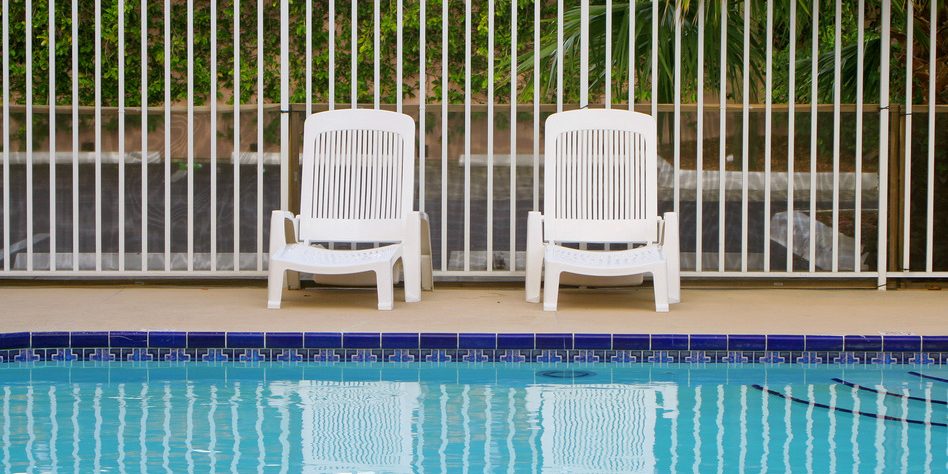Owning a pool means you’re able to cool off during the sweltering days of summer and entertain in style, but are you suitably prepared to keep your new pool compliant with legal requirements for safety? Whether you’re considering the installation of a new pool, have recently purchased a home with an existing one or have a swimming pool on your property which hasn’t been properly evaluated, it’s absolutely imperative to make sure any water feature on your property is both safe. Not only is it a legal requirement, it’s also a vital part of maintaining safe grounds; drowning is the leading cause of accidental death for children in Australia, and the vast majority of these drowning incidents happen in swimming pools on private property.
Swimming Pool Fencing from a Legal Standpoint
The official stance of the Northern Territory Government is that all residential properties smaller than 1.8 hectares with either a swimming pool or spa must be contained within a safety barrier capable of restricting access. Any pool or spa installed after January 2003 must also be certified for compliance with the Modified Australian Standard or the Non-Standard Safety Provision.
Homeowners aren’t the only ones who should be concerned with pool fencing and safety; the law also recognizes tenants as responsible for ensuring the safety of any pool or spa on their rental properties. So, whether you’re a homeowner or a tenant on rented property with a pool, understanding and adhering to safety regulations is your responsibility as a citizen.
How to Make Sure Your Swimming Pool Fencing is Safe
There are a variety of requirements regarding the type of barriers containing swimming pools in NT, and an assortment of other safety features you must consider in order to maintain a safe and compliant pool. For many owners of swimming pools, it’s far easier and more effective to work with local experts who have a thorough understanding of these requirements and the knowledge to properly execute a swimming pool safety plan. If you’re planning to sell or lease your property in the near future, you’ll also need proof of compliance before anyone else can take up residence.
If you’re a pool owner, or thinking of becoming one, call a professional building inspector today to discuss pool fencing regulations, both from a legal standpoint and one of concern for safety. With a comprehensive inspection and evaluation, you’ll be able to make the requisite changes to keep your pool, your property and your family safe. Don’t let a tragedy bring your failure to comply with the law to light; contact a reputable building inspector, and get your property on the path to water safety as part of your autumn pool maintenance routine.
Houspect Building Inspections– Buy, Build, Invest and Sell with Confidence







